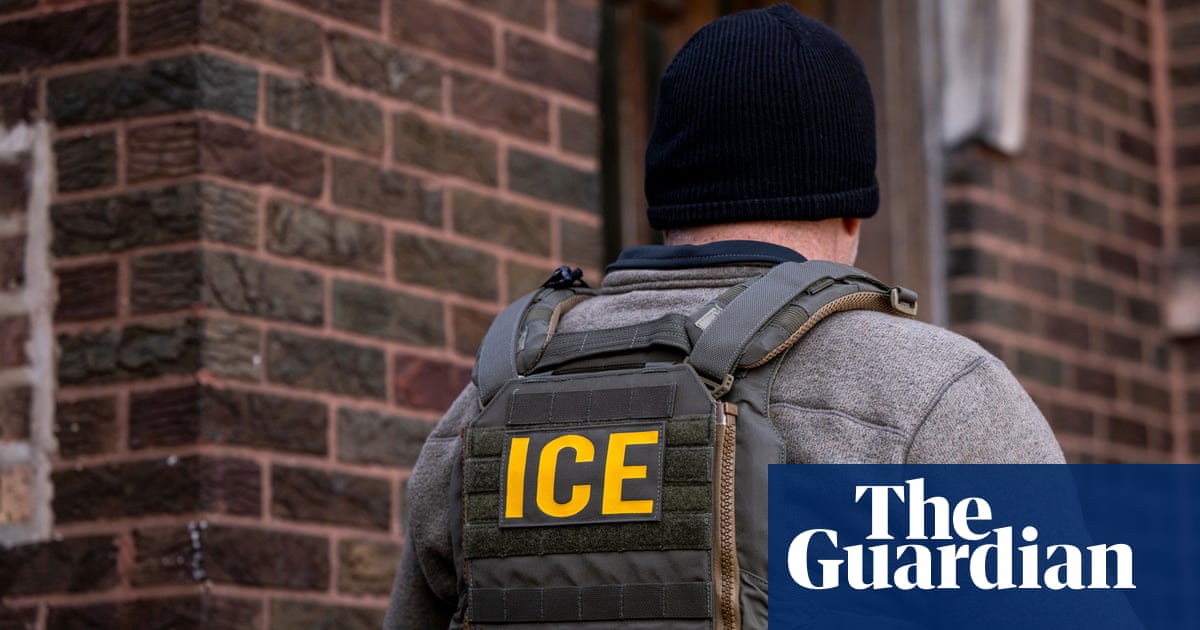Two mothers who were recently deported to Honduras with their U.S. citizen children faced severe isolation. This lack of communication left them helpless in making choices about their children’s care. Gracie Willis, an attorney from the National Immigration Project, shared their harrowing experiences.
These mothers were prohibited from contacting lawyers or family members. They didn’t have the chance to discuss options for their children before being put on a flight. One mother, deported with her seven-year-old and four-year-old, struggled to access medication for her youngest, who has late-stage cancer. Another mother, who is pregnant, was separated from her partner and children during this distressing process.
Willis emphasized that both families had no ability to make meaningful decisions. "No parent should be forced into such a situation," she said. "Every choice felt taken away from them."
Every year, countless immigrant parents must choose between leaving their children in the U.S. under someone else’s care or surrendering them to Child Protective Services. The dilemma is immense, and no parent would want to face it.
This situation has drawn sharp criticism. Civil rights organizations and lawmakers have voiced their outrage. Many argue that the mothers were unfairly rushed onto flights without proper oversight or legal consultation. According to recent statistics, there are over 150,000 families with similar legal struggles annually. In many cases, these families are caught in overlapping legal systems and face overwhelming obstacles.
A federal judge raised concerns after a lawyer filed an emergency motion regarding a toddler, suggesting that U.S. citizens were deported without due process. Meanwhile, officials from the Trump administration claimed that parents were not coerced as they voluntarily chose to take their children with them.
Behind the scenes, the children’s fathers were desperately trying to contact them. One father reported hearing his partner and daughter crying during a phone call just before their detention. The authorities referred to a handwritten letter as proof of consent from the mother. However, the family’s legal team argued that the letter was not a genuine reflection of her wishes, as they weren’t allowed to discuss custody arrangements.
It’s important to recognize the broader context of these deportation events. Many of these families, like VML’s, were seeking safety during a tumultuous period marked by policies like the "Remain in Mexico" program. Parents like VML’s mother had previously faced dangers, including kidnapping.
In the end, as these situations unfold, it’s clear that many immigrant families continue to navigate a complex and often perilous road filled with legal challenges and heartbreaking choices. The conversations about their rights and protections are more crucial now than ever. For further information, you can read more from trusted sources like Human Rights Watch.






















